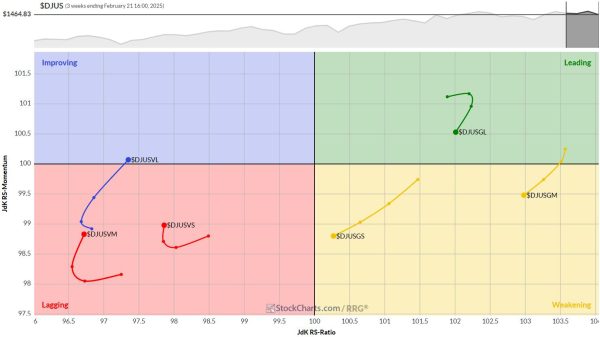A long-standing concern about immigration is that it might reduce job opportunities for native workers:
In 1882, the US government passed the Chinese Exclusion Act, which banned laborers born in China from entering the United States and prevented individuals born in China already residing in the United States from obtaining citizenship or reentering the country.… Proponents argued that Chinese workers—who constituted 12 percent of the male working-age population and 21 percent of all immigrants in the Western United States—reduced economic opportunities for white workers.
Yet in 1882, similarly to now,
many business owners opposed the act. They worried that highly productive Chinese labor could not be easily replaced and that a sweeping ban would lead to significant economic losses.
So what were the act’s effects? According to recent research,
the act reduced the Chinese labor supply by 64 percent. A reduction occurred for both skilled and unskilled workers.
This is presumably what the act’s supporters intended. In addition, however,
the act reduced the white male labor supply by 28 percent and lowered this group’s lifetime earnings.
Further, and relevant to current debates,
the act reduced total manufacturing output by 62 percent and the number of manufacturing establishments by 54–69 percent.
What is the explanation? Reduced immigration means higher labor costs. This implies reduced output, and thus reduced demand for native labor, even if businesses partially substitute native for immigrant labor. Reduced immigration can therefore be “lose-lose,” hurting native workers and businesses, in addition to harming immigrants.
This article appeared on Substack on January 23, 2024.





























